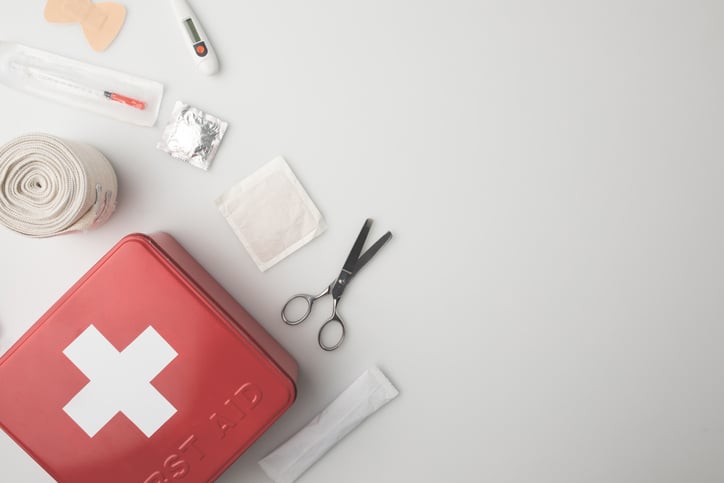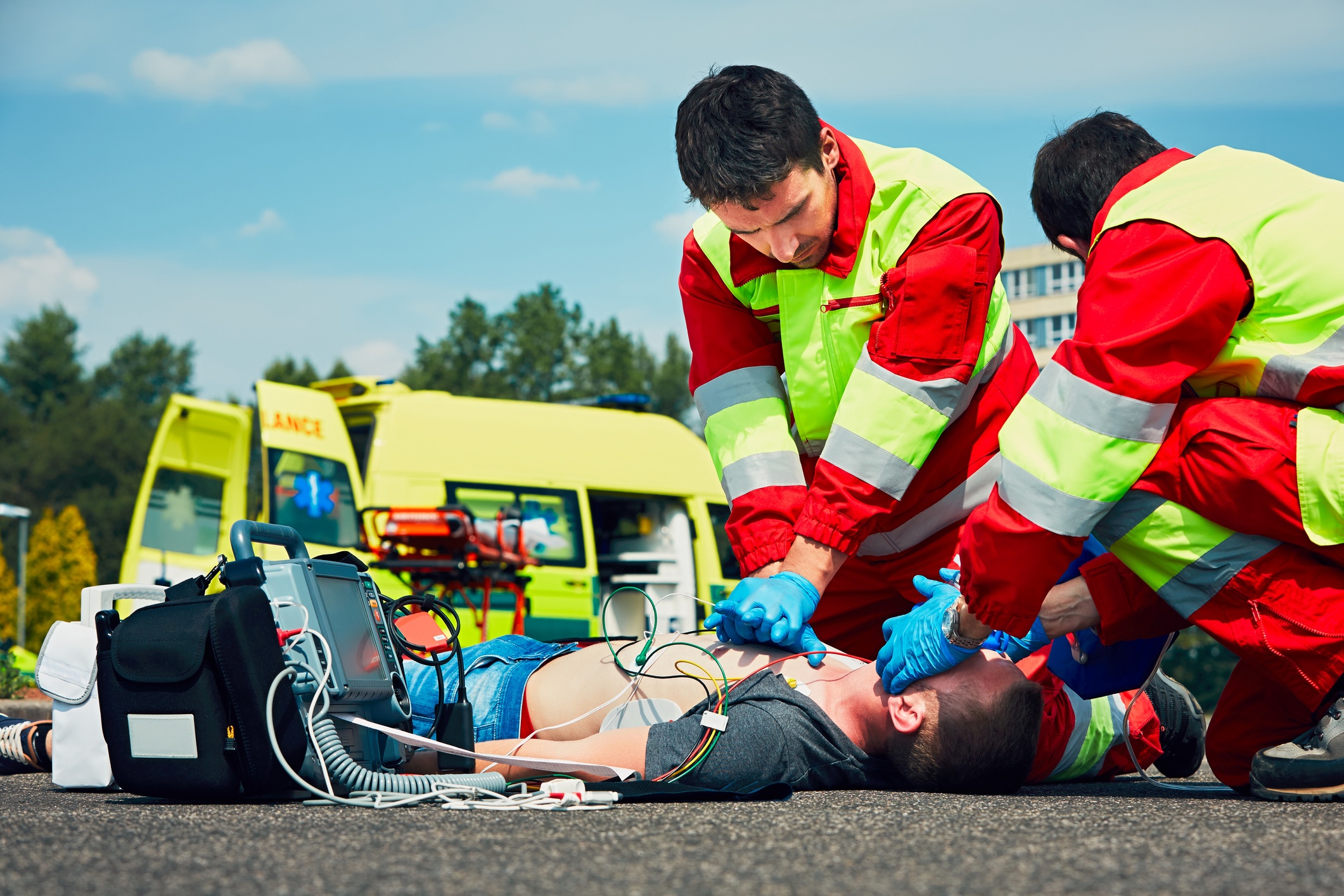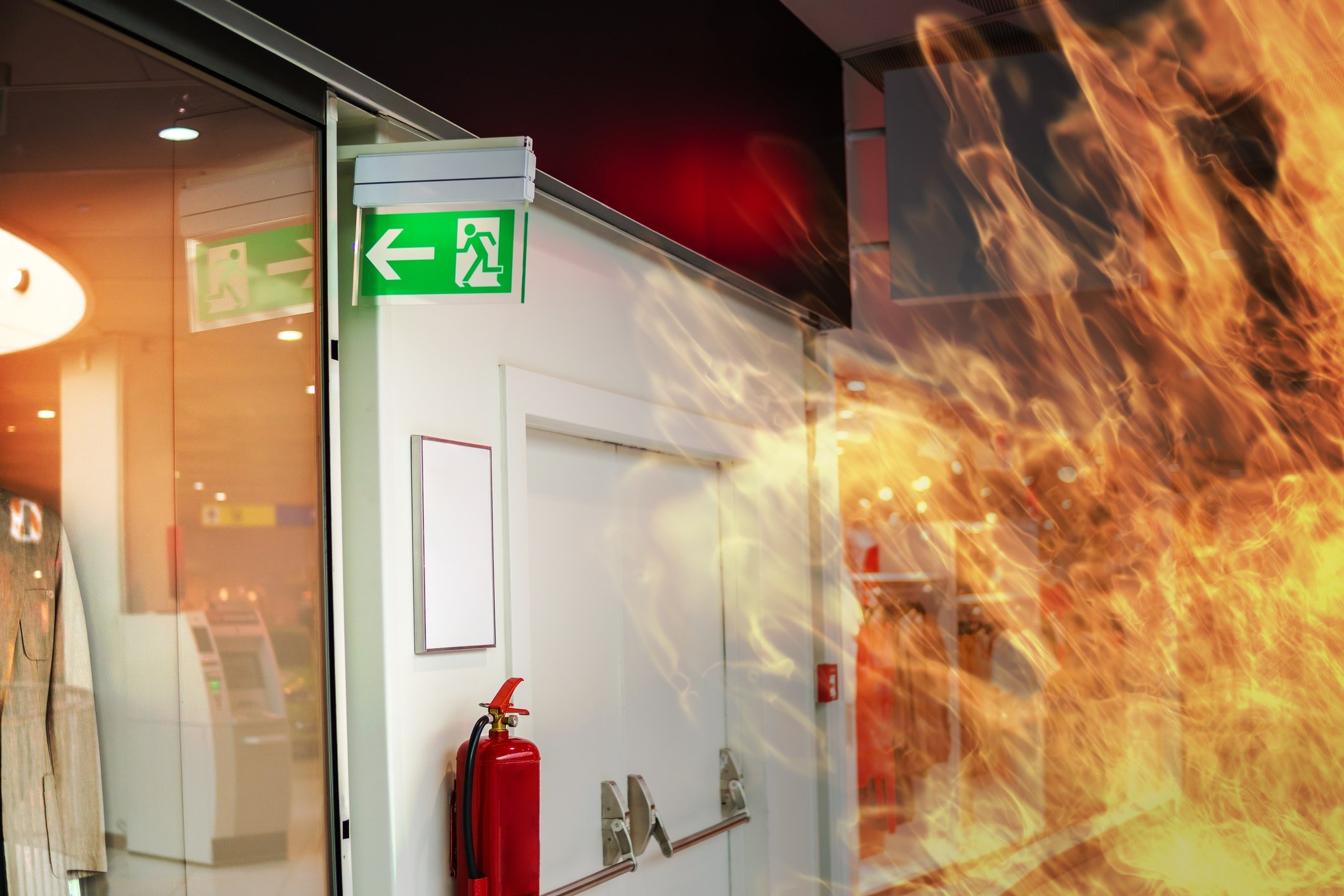It may still be frigid in your region of the country, but warmer weather is on the way, and soon frozen ground will give way to daffodils and crocuses. Families across the country are already planning spring vacations. Those vacations bring new experiences, new foods, and new exposure to allergens. For some people, these new allergen exposures can trigger a potentially lethal anaphylactic reaction. Now is the time to brush up on allergy management skills so your team can be prepared.






















